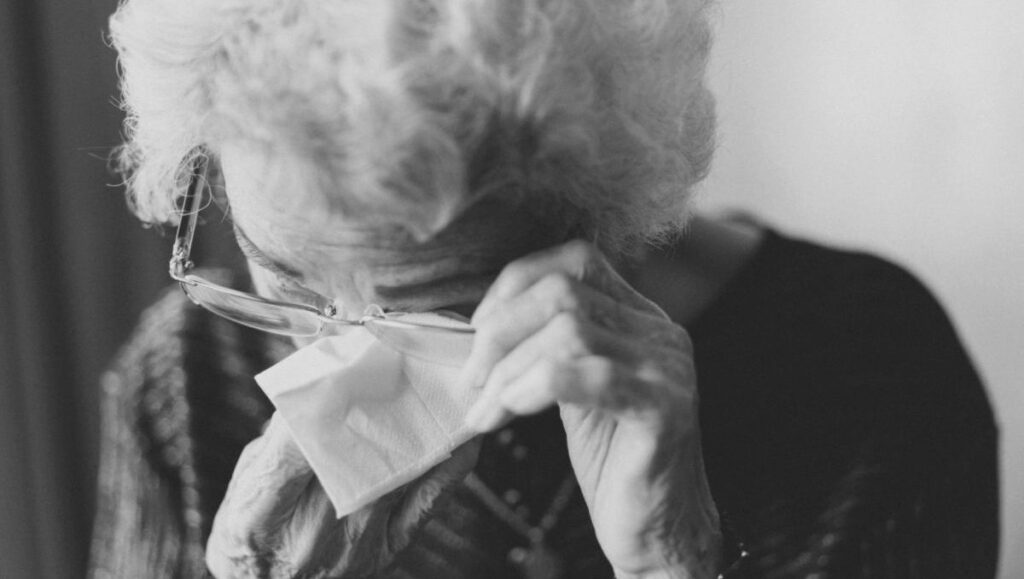The city of Chicago, like the rest of Illinois, is protected by stringent laws aimed at preventing elder abuse, neglect and financial exploitation. One such powerful legislation is the Adult Protective Services Act. This law plays a crucial role in shielding the city’s vulnerable elderly population, particularly those in nursing homes.
Overview of the Adult Protective Services Act
The Illinois Adult Protective Services Act, established in 1987, was specifically designed to protect adults aged 60 and above, as well as adults aged 18-59 with disabilities, who live in domestic environments including nursing homes. This law primarily addresses instances of abuse, neglect and financial exploitation, by providing a system for reporting and investigating such cases.
The Act defines elder abuse as any occurrence causing harm or distress to an older adult. The Act recognizes:
- Physical abuse
- Emotional abuse
- Sexual abuse
- Confinement
- Passive neglect
- Willful deprivation
- Financial exploitation
The Act further provides guidelines for mandatory and voluntary reporting of suspected cases of abuse, ensuring that every voice can contribute to the safety of older adults.
The Act and Nursing Home Abuse
The Adult Protective Services Act covers abuse perpetrated within nursing homes. According to the law, any employee of a nursing home who suspects a resident is being abused, neglected or exploited is mandated to report it to the Department of Aging.
The Act empowers victims or their families to pursue legal action against the perpetrator or the nursing home. Should the investigation find evidence of abuse, the Act allows for criminal charges or civil litigation. A successful lawsuit can result in compensation for the victim, including damages for pain and suffering, medical bills and loss of income.
How a Lawyer Can Help
The complexities of elder abuse cases under the Adult Protective Services Act necessitate legal expertise. A seasoned lawyer with knowledge of elder law can assist in effectively interpreting the Act’s provisions, lodging formal complaints, gathering compelling evidence, and representing the victim or their families in court. With their legal assistance, victims can navigate the intricate process, increase the possibility of a favorable verdict, and ensure the safety and dignity of the elderly in Chicago.
Recognizing and Reporting Abuse under the Act
Recognizing abuse is the first step towards combating it. Unexplained injuries, sudden behavioral changes, withdrawal from social activities, unusual financial transactions or any signs of distress should raise concerns.
Under the Adult Protective Services Act, anyone who suspects elder abuse is encouraged to report it. In fact, certain professionals, like healthcare workers and law enforcement officers, are mandated to report suspected abuse. Reports can be made to the Illinois Department of Aging’s 24-hour hotline, with the assurance that the reporter’s identity will remain confidential.
Once a report is made, the Adult Protective Services initiates an investigation. If the investigation verifies the abuse, the department takes appropriate measures to ensure the victim’s safety. These actions may range from connecting the victim with supportive services, applying for protective orders or even pressing charges against the perpetrator.
Effective documentation is crucial in cases of elder abuse. Photos of physical injuries, copies of financial transactions, medical reports, and written accounts of suspicious incidents can all serve as potent evidence in the courtroom. This, coupled with professional legal counsel, can significantly enhance the chances of securing justice for the victim.
The intricacies of the Adult Protective Services Act and its application in legal proceedings call for the expertise of skilled legal counsel. Lawyers specializing in elder law and personal injury can provide invaluable assistance, right from interpreting the Act, aiding in the reporting process, to representing the victim in court.
Final Thoughts
Chicago’s Adult Protective Services Act stands as a powerful law aimed at preventing elder abuse, ensuring that nursing home residents can live their lives with the dignity and safety they deserve. A lawyer well-versed in this Act is an asset, aiding in the navigation of complex legal processes, representing victims’ rights, and working towards the objective of securing justice for elder abuse victims. With their guidance, victims and their families can focus on healing and recovery, knowing they are in capable hands.
Get in touch with an attorney at the Dinizulu Law Group, Ltd today to get help with your nursing home abuse case. Call our office at (312) 384-1920 for a free consultation today.



